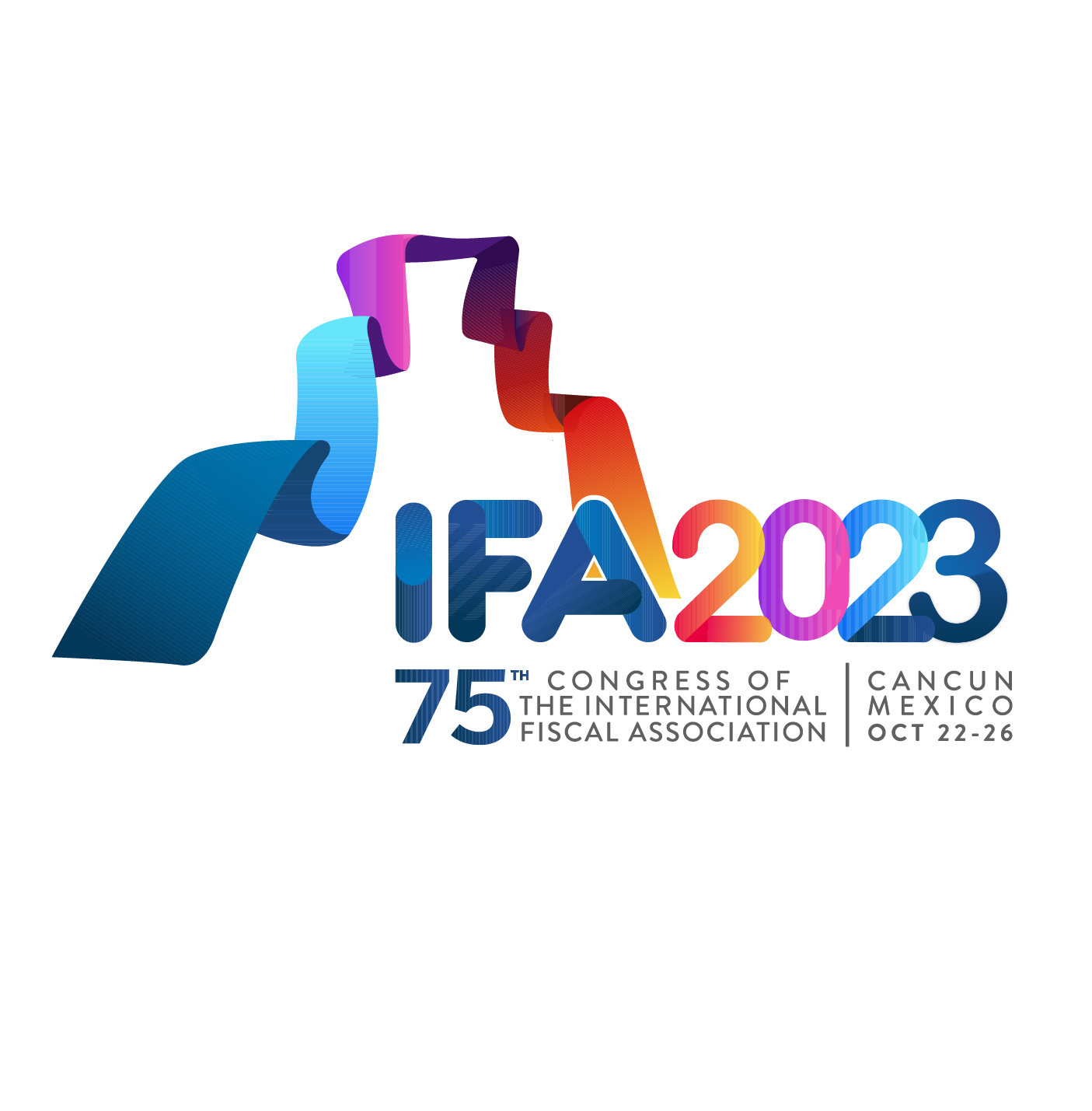IFA 2023 Cancun
With great pleasure, we welcome you to the 75th Congress of IFA in Cancun, Mexico from 22-26 October 2023. We will put together the latest scientific topics to provide participants an excellent forum to exchange and debate, meet and interact with friends, colleagues, sponsors and exhibitors.
Cancun offers a wide range of activities for visitors of all ages, from a splendorous landscape to a visit to the mystical ruins that will take you on an incredible journey back to the Mayan civilization.
More information on the scientific programme and congress documents can be found below. Please find the full programme details with more information on the speakers and the sessions here.

Event details
| Congress | IFA 2023 Cancun |
| Date | 22-26 October 2023 |
| Location | Cancun, Mexico |
Go to the Congress website